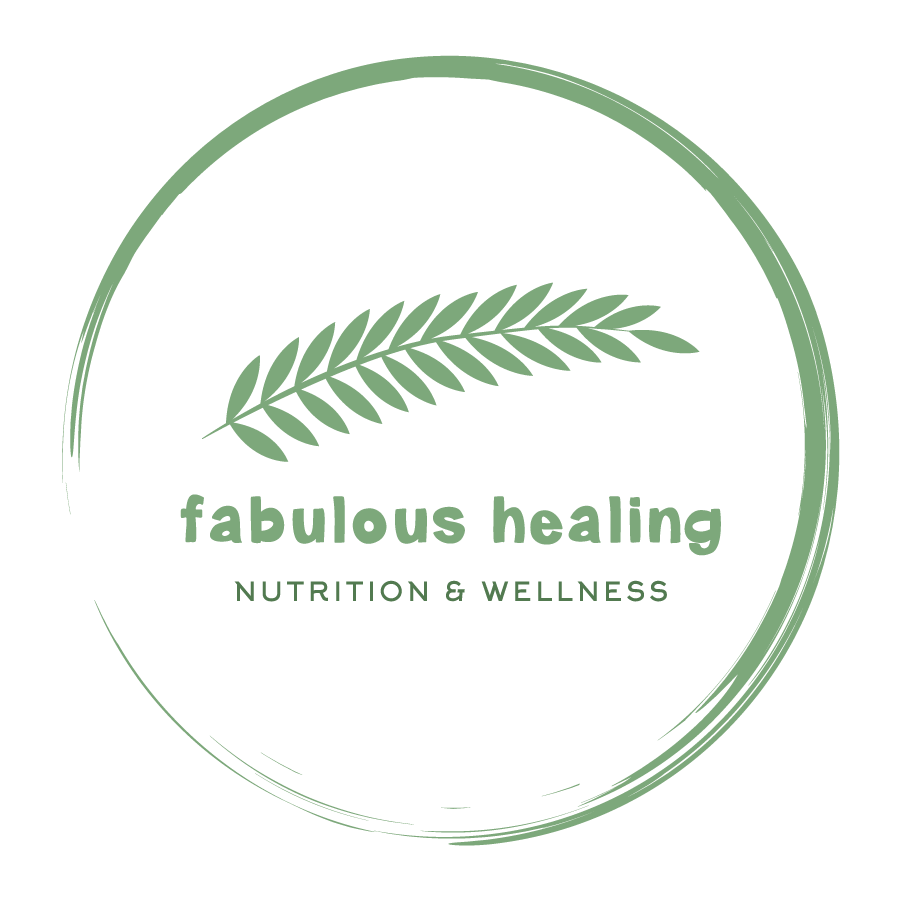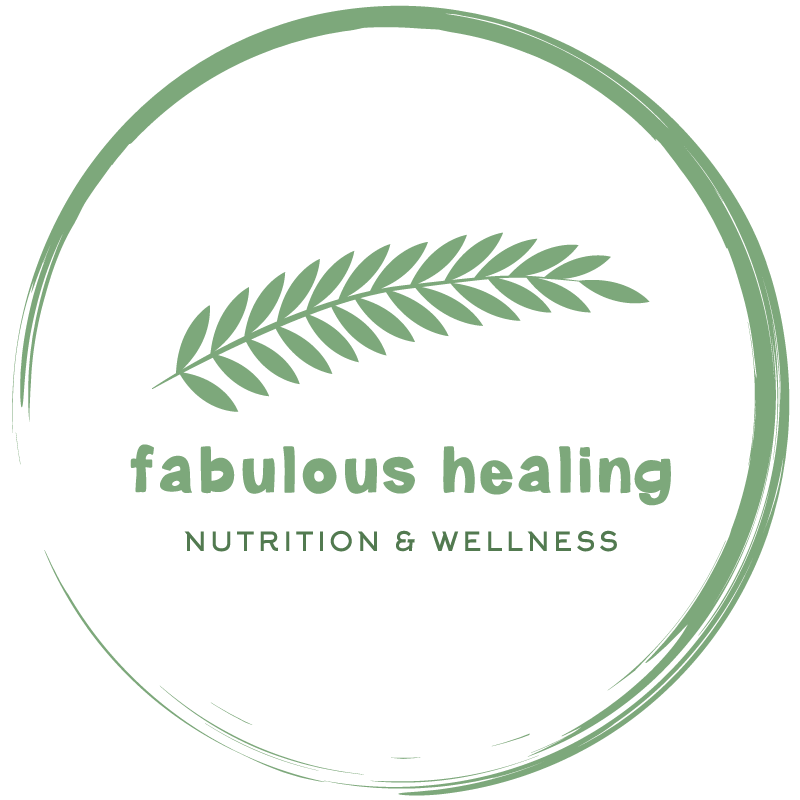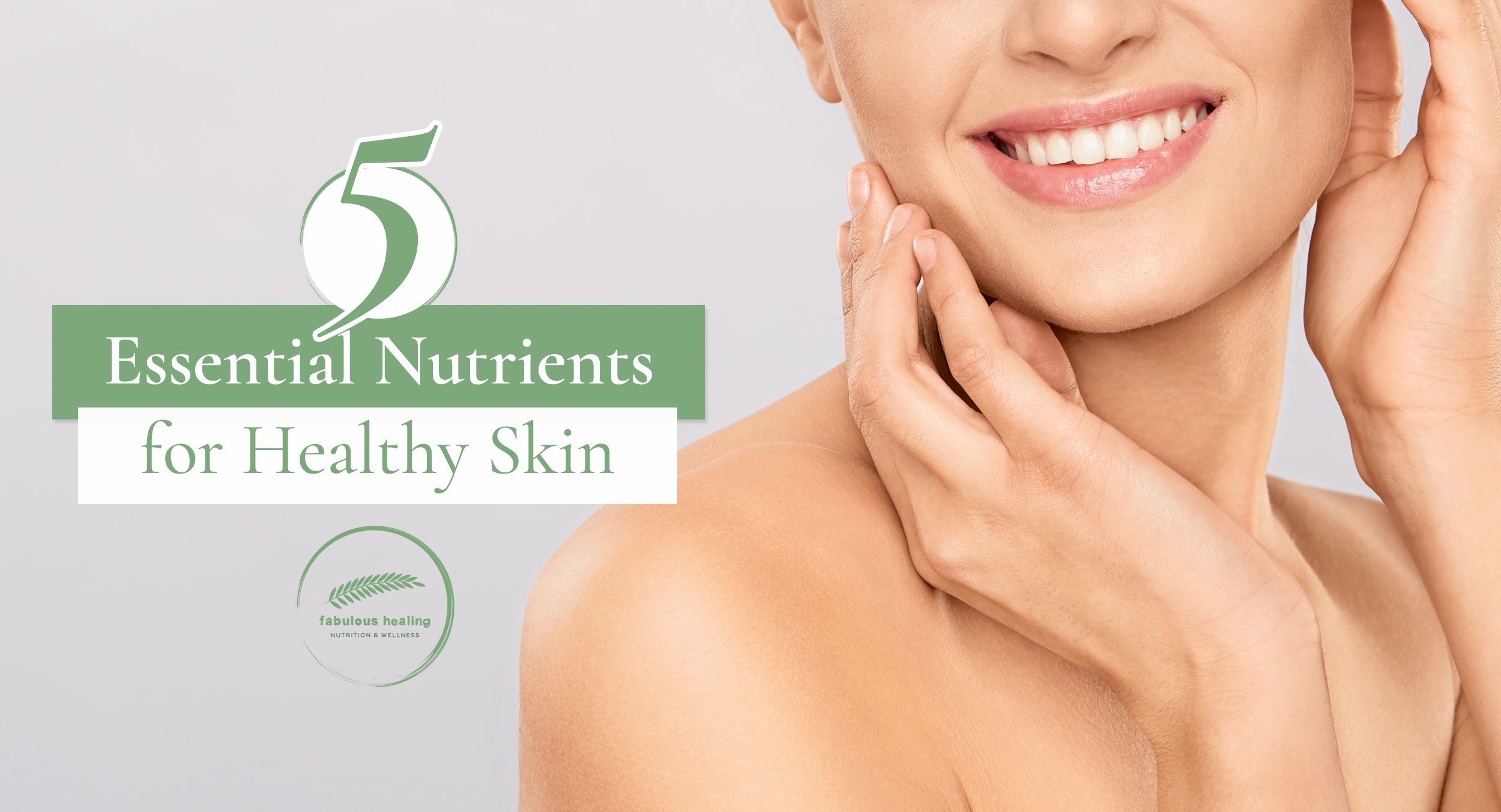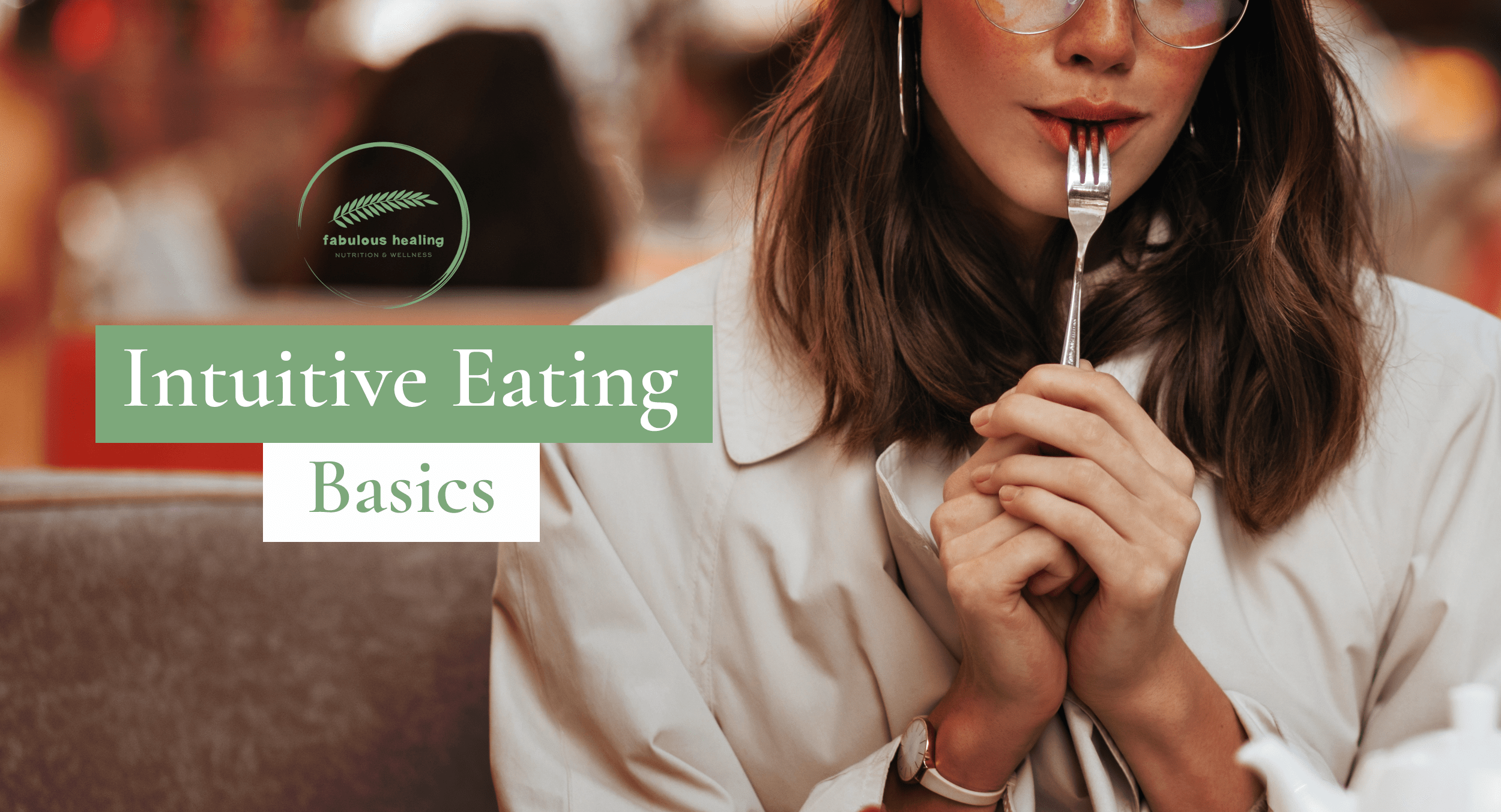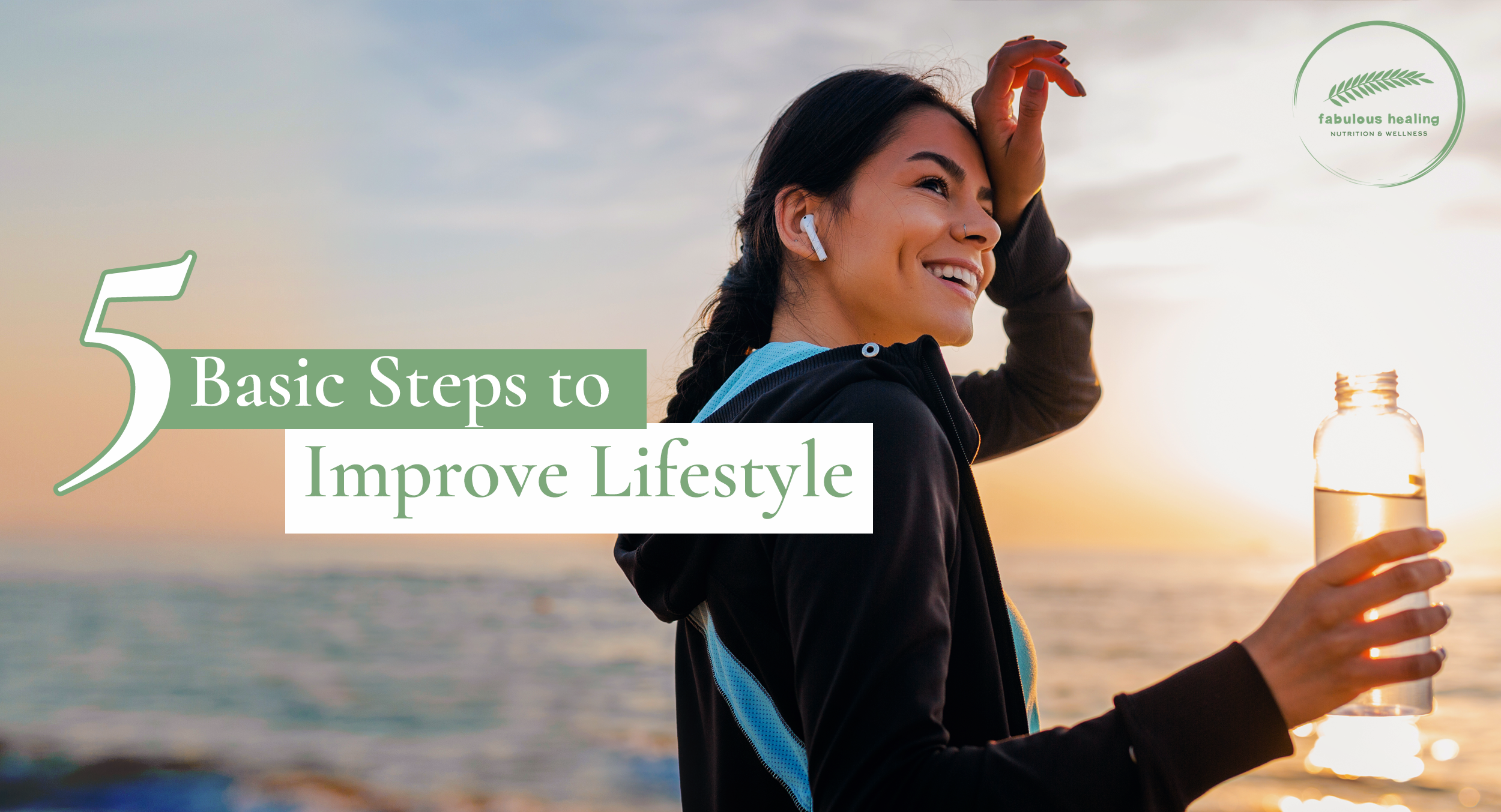Your skin can tell more about you than you may realize.
You see, your skin is like a window into your overall health. If you’re constantly under stress, it’s going to show on your skin. If you’re dealing with a chronic condition, its symptoms will manifest on your skin as well.
So, if you want to improve your skin’s appearance, the most important thing you can do right now is to feed it with the nutrients it needs. Having a diet tailored to your skin health will do a lot for your general health.
What are these nutrients that are essential to your skincare? There are many of them, but you can start with the five I’ve listed here.
1. Protein
Proteins supply your body with amino acids, the so-called building blocks of life. When you eat this nutrient, your body breaks it down into amino acids. These amino acids are then reused to form the other types of protein that your body requires. In the case of your skin, your body uses amino acids to create keratin and collagen. Keratin is the protein that makes up most of your skin. Collagen, on the other hand, is the protein that holds your skin tissues together and gives them structure. Additionally, amino acids are necessary for skin repair. Some are also responsible for protecting your skin against damage-causing free radicals and ultraviolet radiation from sunlight. How do you add more protein to your diet? You can eat more legumes such as beans, lentils, and edamame, whole grains, dark green vegetables like broccoli and asparagus, as well as nuts like pistachios and almonds. Other great sources of protein are tofu, chia seeds, quinoa, and green peas.2. Omega-3 fatty acids
Not all fats are inflammatory. In fact, there are types of fat that your body can’t live without. These include the Omega-3 fatty acids. Omega-3 fatty acids provide your skin several benefits. Among them is it helps keep the skin moisturized and glowing. Another is it fights off inflammation and infection that cause acne, dermatitis, and other skin disorders. Omega-3 fatty acids also strengthen your skin barrier, shielding it from harmful UV rays and preventing irritants from entering your skin. What foods are rich in Omega-3 fatty acids? The list is long and includes dark green vegetables like broccoli, kale, and brussels sprouts; seeds such as chia, hemp, and pumpkin; and nuts like walnuts, macadamia, and hazelnuts.3. Zinc
Zinc is an antioxidant that helps in healing the body. It’s one of the nutrients that the body uses to repair itself on the cellular level. Moreover, zinc has anti-inflammatory properties that prevent acne flareups and manage skin conditions like psoriasis and eczema. Zinc also strengthens your immune system and plays an active role in protecting your skin against UV radiation from sunlight. Which foods should you eat to increase your zinc intake? You can add legumes like lentils and chickpeas, seeds like squash and pumpkin, nuts like cashews and almonds, whole grains like rice and quinoa, as well as root vegetables like potatoes to your grocery list.4. Vitamin C
As an antioxidant, Vitamin C provides your skin with several benefits. For one, it slows down skin aging by stimulating collagen formation and getting rid of toxins. It speeds up the skin’s ability to heal from wounds and injuries. Vitamin C helps the skin lock in moisture so it can become soft and smooth. Moreover, this vitamin has anti-inflammatory properties that prevent skin conditions like acne and dermatitis. What should you eat so you can get more Vitamin C? Citrus fruits such as lemons and oranges will do the trick. You can also try fruits like cherries, papaya, and strawberries. Vegetables like spinach, kale, broccoli, red and yellow peppers, and cauliflower are reliable sources of Vitamin C as well.5. Vitamin E
Just like Vitamin C, Vitamin E is an antioxidant with anti-inflammatory properties. As such, it helps get rid of toxins from the skin and repairs skin cells. It also works with Vitamin C in keeping skin cell walls strong. Additionally, it boosts the immune system and aids the body in dealing with skin conditions like dandruff and dermatitis. How do you boost your Vitamin E food intake? Try green and leafy vegetables like spinach and turnip greens, as well as nuts like almonds and hazelnuts. Fruits like mangoes, avocados, and kiwis are excellent sources of Vitamin E too. Your skin is a window to your health. So if you want to have beautiful skin, you have to feed your body with nutrients that support your overall health. And if you need help with incorporating these nutrients into your daily meals, reach out to me and schedule an appointment today.Fabulous Healing
Liat Nadler is a nutritionist, dietitian, health and food relationship expert, licensed psilocybin facilitator, influencer, coach, and a Wall Street Journal #1 Best Seller co-author. She is the founder of Fabulous Healing Nutrition & Wellness, a retired engineer, who helps result-driven females get their glow, increase their confidence & energy, and step into their unstoppable sexy badass selves during perimenopause and beyond!
